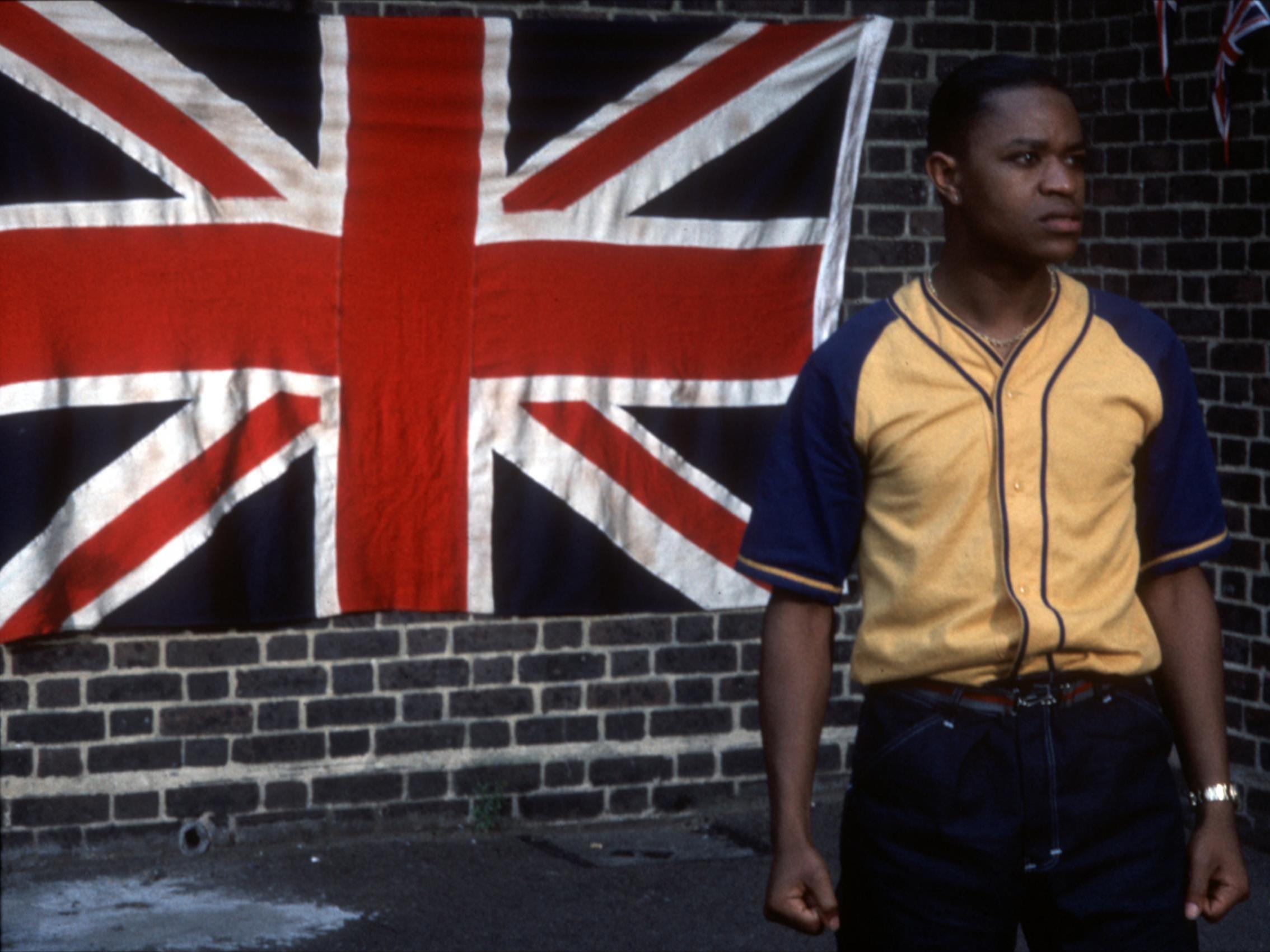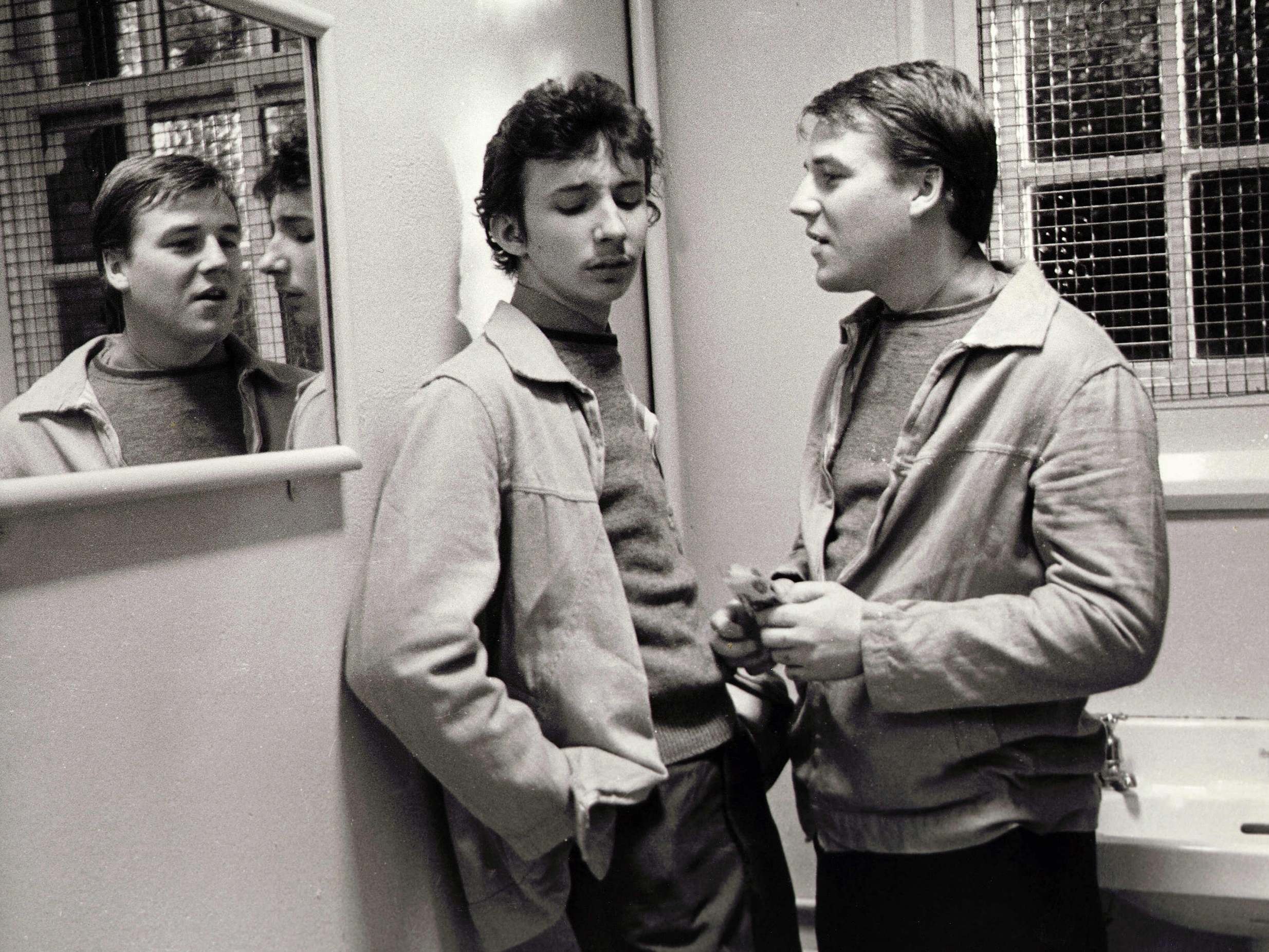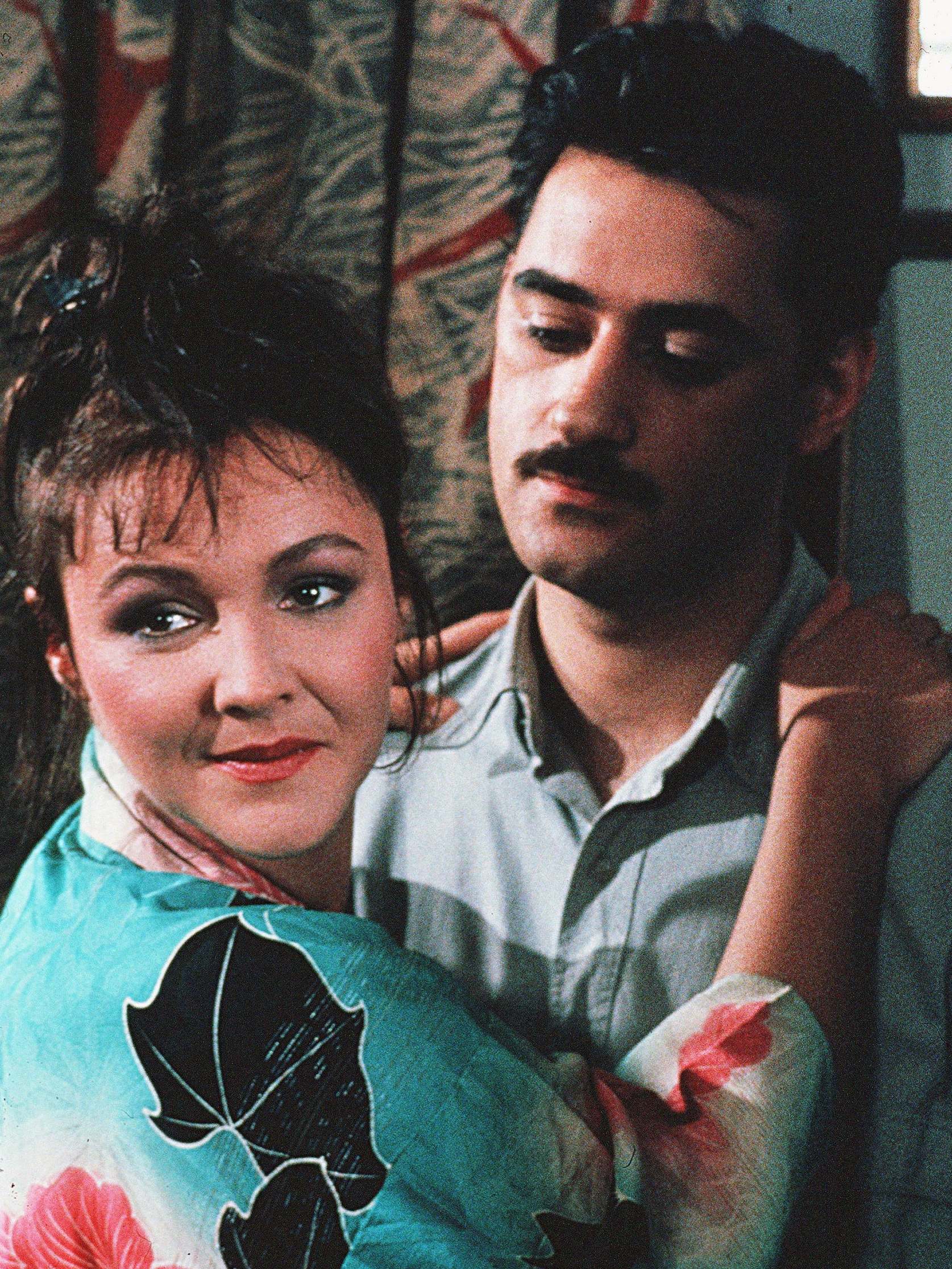Why are British films not angrier about the state of the country?
Inside Film: A generation ago, British films like Isaac Julien’s ‘Young Soul Rebels’, which is screening at the BFI, embodied such a rich period for polemical and engaged filmmaking

Where are all the Brexit movies? One of the most dispiriting elements about the British film industry currently is its almost complete failure to engage with the complexities and turbulence of contemporary British life. Ken Loach apart, few directors old or young are making movies which explore the tensions and injustices in our society or the grotesque comedy of Britain’s blundering search for the Exit signs from Europe.
“I haven’t seen a great Brexit film. I don’t feel the British cinema is engaging with the contemporary in any interesting way at all,” screenwriter and novelist Hanif Kureishi (My Beautiful Laundrette, Sammy and Rosie Get Laid) recently observed.
There is one film screening in London this month that does address racism, nationalism and the tension between classes and generations. It has punks, skinheads, inebriated Scots, soul music DJs, murderers, bent police officers and sneering media folk among its characters. It could be the perfect Brexit movie if it weren’t for the fact that it is set in 1977 (Jubilee year) and was released in 1991. Isaac Julien’s Young Soul Rebels, the film in question, is screening at the British Film Institute as part of the season Nineties – Young Cinema Rebels, celebrating “the explosive and iconic film and TV of the 1990s”.
It is probably no coincidence that the Thatcher years were such a rich period for polemical and engaged British filmmaking. Julien’s film was made right at the end of the Thatcher era but had the energy, rage and irreverence that characterised so many British films of the time.
“Thatcher was fantastic for dissent,” Kureishi remembers. “She really created this wall of fury which came out of British youth culture… she was great, very stimulating. Our hatred was very useful at that time.”

In an article Kureishi wrote in 1988, he described England as “a squalid, ugly and uncomfortable place … an intolerant, racist, homophobic, narrow-minded authoritarian rathole run by vicious, suburban-minded materialistic philistines.” He might well have added that it was, therefore, the perfect environment in which to make films.
The anti-Thatcher feeling galvanised all sorts of different filmmakers.
There was the gritty, in-your-face approach of Alan Clarke’s TV movies and feature films. Works like Scum (1979), Made in Britain (1982) and The Firm (1989) portrayed borstal boys, skinheads and football hooligans with an immediacy and riotous energy conspicuously lacking in most British films about youth culture today. Clarke provided plum roles for (then) young actors like Ray Winstone, Tim Roth and Gary Oldman. He chose subjects which reflected the reality of the lives of his delinquent and angry anti-heroes.
Derek Jarman’s The Last of England, shot on 8mm, was more stylised and self-consciously arty but it too bristled with anger and indignation about the state that Thatcher had left the country in.
Julien, meanwhile, was part of cultural and filmmaking movements like Rock Against Racism and the Sanfoka Film and Video Collective. As a bored, alienated young Londoner who was both gay and black, he saw filmmaking as a way of highlighting racism and injustice while also challenging media stereotyping.
You could tell that the films were getting under people’s skins by the way reviewers and commentators responded to them. Historian Norman Stone (who died earlier this year) wrote an extraordinary diatribe against Sammy and Rosie Get Laid and other anti-Thatcher films in the Sunday Times. He called them “worthless and insulting” and full of a feeling of “disgust and decay” and suggested that some of them deserved special prizes for “general disgustingness”. For a young audience, such remarks were as validating as any five-star review.
In hindsight, it was heartening that low budget British films could provoke such indignation. By blasting away at them in his scattergun fashion, Stone was acknowledging that they had had an impact. They were part of the discussion in a way that few British films are today. Their directors had succeeded in hitting precisely the nerve they were aiming at.
There was soon a backlash. Young Soul Rebels won the Critics’ Prize at Cannes but was still dismissed by much of the British press. “Trivialising and incomprehensible,” “undernourished” and “badly acted” were some of the barbs thrown at the film.
Something about Julien made many critics uncomfortable. It was as if they didn’t want his film to succeed.
Kureishi faced similar hostility when he directed London Kills Me (1991), a film made for production company Working Title. He was dealing with homelessness and drug-taking in a picaresque fashion. The same critics who had lavishly praised My Beautiful Laundrette panned the new film.

Julien talks of a meeting he had with Kurieshi in a London restaurant not long after Young Soul Rebels and London Kills Me had come out. “We were both licking our wounds really in terms of [asking] what is wrong with the film establishment in terms of the journalistic response to the work. We didn’t believe our works were as terrible as they were being constructed. We knew that something else was going on,” Julien says. He suggests “people were questioning the idea of authorship in black hands. There was a general antagonism and that antagonism never left.”
It’s a striking and dispiriting reflection that neither Kurieshi nor Julien have directed second dramatic features. They looked to be at the forefront of a new wave of black and Asian British filmmakers, but that wave soon lost momentum. Both have had illustrious careers since the early 1990s, but not as directors of mainstream narrative feature films.
Post Thatcher, British cinema gradually lost its polemical edge and topicality. The mid to late 1990s and early 2000s may have yielded Trainspotting, Secrets and Lies, My Son the Fanatic and Ratcatcher among other gems but this was also an era of far too many lottery-funded gangster movies and romcoms. Working Title was producing Bridget Jones’s Diary and Notting Hill, not London Kills Me or My Beautiful Laundrette. There was diminishing interest in using cinema to address social and political issues. No one was making films as abrasive as Alan Clarke’s work or with the chutzpah, wit and effrontery of Sammy and Rosie Get Laid.
“One of the biggest, most interesting things that has happened in Britain since the war has been black music, urban music, hip hop, and you never see that in the British cinema,” Kureishi notes of a gaping hole in British cinema, that titles like last year’s reggae-driven gangster picture Yardie, directed by Idris Elba have only partially filled.
Sadly, British cinema appears to have lost its connection with younger audiences. There are few young screenwriters and directors like Kureishi and Julien making movies that attack and ridicule the politicians steering their country on to the reefs. The closest contemporary British filmmakers have come recently to matching Scum and Made in Britain are comedies like The Inbetweeners movies – but their adolescent humour has no political dimension whatsoever.
“UK independent film matters: it has the power to promote our diverse and vibrant way of life, influence how the world sees us with stories that celebrate UK culture and ideas and drive the exports of UK plc,” the British Film Institute proclaimed in a report on UK independent film published last year. The report acknowledged that younger audiences “have the lowest engagement with UK independent film”. To put it bluntly, British cinema just doesn’t seem relevant to these younger audiences. They don’t watch it. They don’t regard it as a medium through which to say anything meaningful about their lives.
No one is going to pretend that the films which so infuriated Norman Stone were all runaway box office hits (although My Beautiful Laundrette was a notable success). However, these so-called “sick” films had a delinquent energy and topicality that simply isn’t there in today’s British cinema.
Isaacs Julien’s ‘Young Soul Rebels’ is screened at the BFI Southbank on 14 August
Join our commenting forum
Join thought-provoking conversations, follow other Independent readers and see their replies
Comments